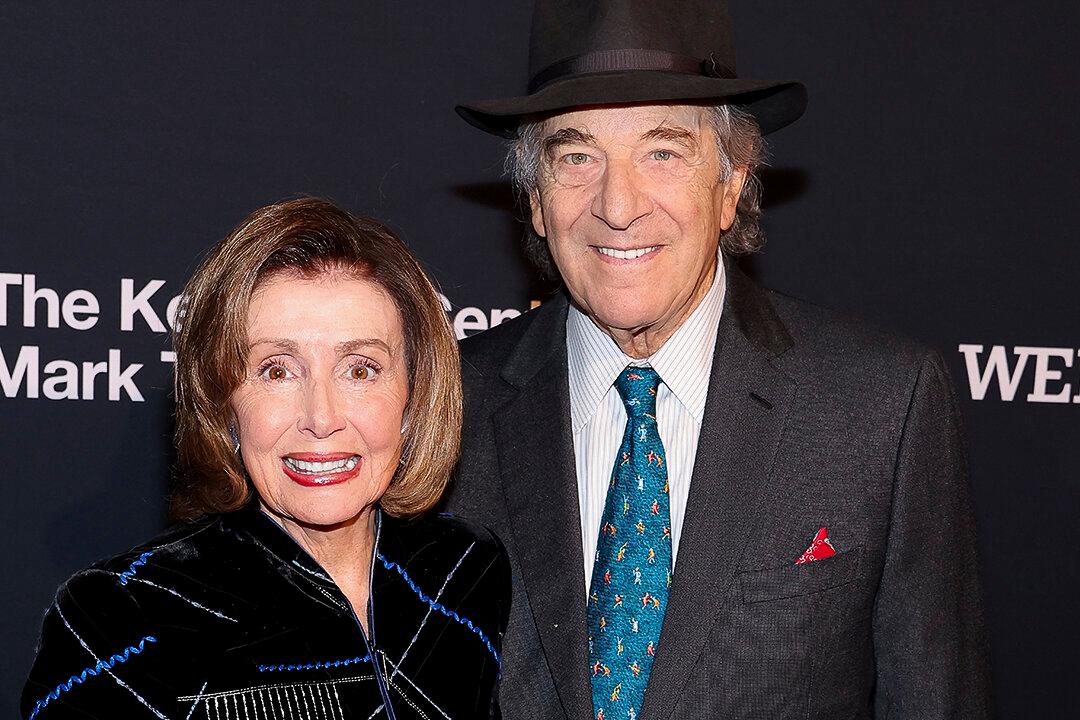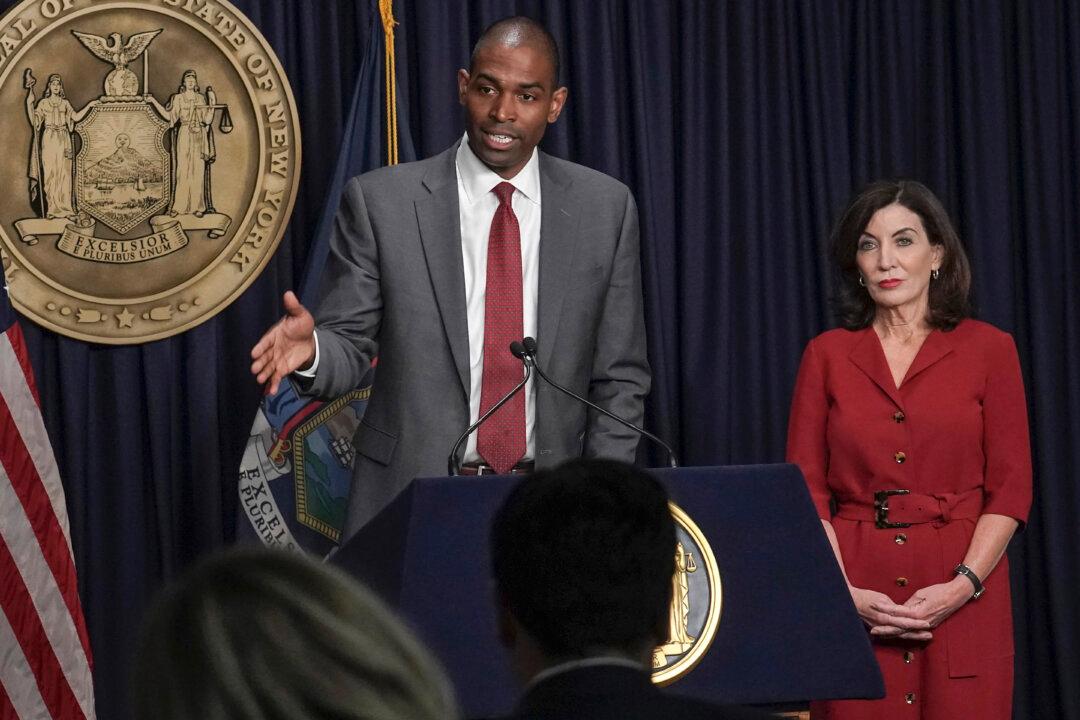Former House Speaker Nancy Pelosi’s husband, Paul, was attacked in their San Francisco home on Oct. 28, 2022.
The assailant—David DePape, a 40-year-old illegal immigrant from Canada—broke into the Pelosi home at 2 a.m. and awoke Paul in his bedroom, demanding to know, “Where’s Nancy?” Paul, after speaking with DePape for several minutes, was surreptitiously able to call the police; as they arrived, DePape hit him several times with the hammer, which fractured his skull.





